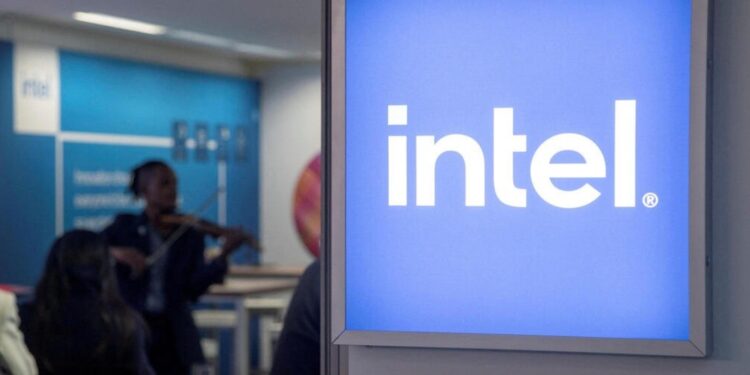Chipmaking giant Intel has announced a sweeping corporate overhaul that includes significant job cuts for its factory workforce and a strategic decision to outsource core marketing functions to Accenture, heavily leveraging artificial intelligence.
The move, confirmed by Intel on June 20, is part of new CEO Lip-Bu Tan’s aggressive cost-cutting and restructuring efforts aimed at making the struggling company “leaner, faster, and more efficient.”
Sources indicate that Intel plans to lay off between 15% and 20% of its factory workers, a reduction that could affect over 10,000 employees globally. These layoffs are expected to begin in July and will impact workers across 15 chip-making plants in 10 countries.
Unlike previous rounds of workforce reductions, Intel will not be offering voluntary buyouts or early retirement options, with selections based on performance evaluations and strategic priorities. This marks Intel’s third major round of layoffs within the past year, underscoring the severe financial headwinds the company faces.
In a bold shift, Intel will also outsource a substantial portion of its global marketing operations to Accenture, with a strong emphasis on integrating artificial intelligence tools.
While the exact number of marketing job losses has not been disclosed, Intel has begun informing employees that their roles may be eliminated by July 11. The company believes that Accenture, empowered by AI, will be more effective in connecting with customers and streamlining marketing processes.
The decision to outsource marketing signals a high-stakes bet on the capabilities of AI and external contractors to deliver more efficient results in an increasingly competitive market. Intel has faced challenges in recent years, including declining market share in PCs and data centers, and has lagged behind rivals in capitalizing on the booming AI chip market. The company reported a loss of $821 million in the first quarter of 2025, further highlighting the urgency of these drastic measures.
CEO Lip-Bu Tan, who took the helm in March 2025, has been vocal about the need for significant change. In an internal memo, he emphasized his belief that “the best leaders get the most done with the fewest people,” indicating a clear drive towards a more streamlined organization. This restructuring also includes plans to eliminate management layers and refocus the company on its core engineering strengths.
The workforce reductions and outsourcing initiatives reflect Intel’s attempt to regain its competitive edge and improve its financial standing amidst intense industry pressure and delays in crucial federal CHIPS Act funding. The coming months will reveal whether these radical changes can indeed pave the way for a revitalized Intel in the dynamic semiconductor landscape.










![Online Scam Cases Continue to Rise Despite Crackdowns on Foreign Fraud Networks [Myanmar] Online Scam Cases Continue to Rise Despite Crackdowns on Foreign Fraud Networks [Myanmar]](https://sumtrix.com/wp-content/uploads/2025/06/30-12-120x86.jpg)




